History
The Program combines both tradition and innovation in Production Engineering.
The Production Engineering Graduate Program of the Polytechnic School of the University of São Paulo – PPGEP-EPUSP – has a rich history, which started more than fifty years ago. PPGEP-EPUSP is one of the country’s pioneers and among the leaders in the development of Production Engineering research and graduate education in Brazil.
As one of the oldest Graduate Production Engineering programs in the country, PPGEP has a remarkable over half a century history, in both developing human resources with excellent academic education and fostering the growth of the field in the country. The program has evolved continuously over time, especially in the last few years, when it directed efforts to enhance the quality of its academic profile.
Multidisciplinarity and pluralistic vision
The PPGEP has always driven its activities guided by a pluralistic vision, considering different knowledge areas related to Production Engineering. That allows the Program to act in a comprehensive way, creating a broad interface with other areas of knowledge both within the field of engineering and knowledge in general (mathematics, economics, sociology, etc.).
Having a faculty with diverse backgrounds, the Program shelters engineers from different domains, physicians, economists, and researchers with formation in basic sciences (Mathematics, Statistics), which keep active formal and informal research networks both in Brazil and abroad. That facilitates the integration of research programs with several areas of engineering and sciences in general, increasing the diversity of research themes. Some faculty members participate in international projects, several act as reviewers of top notch international academic periodicals, as well as editors in renowned international scholarly journals.
Many Program faculty members act in interdisciplinary projects or with different graduate programs both in the country and abroad, some of them with renowned foreign universities. The interaction with other institutions, both domestic and foreign, creates synergies and enables action in new areas of knowledge.
Some successful examples of scientific activity by Program researchers are in traditional areas like Reliability, Production Scheduling, Labor Organization (Organizational Theory), Project Management, Information Technology Management, Ergonomics, as well as new disciplines such as Radical Innovation Organization and Management, Energy Economics, Labor Psychodynamics, Entrepreneurship, Uncertainty Management, and Digital Technologies (Industry 4.0, Smart Cities, and the like).
Quality of the Faculty
The Program has a highly qualified faculty, inserted in current academic debate. It happens both in Brazil and abroad, by participating and leading worldwide research programs, in international scientific publication editorial boards, events, examination boards, projects, and joint publications with researchers abroad, as well as exchanges, which enable the insertion of students in research centers overseas.
Read about Faculty members
Social inclusion
We unite faculty and students to transfer knowledge to diverse social sectors, to solve or minimize socially relevant problems.
Introduction
The PPGEP presents a unified concentration area, but split in five sub-areas:
Production Economics and Financial Engineering (EPEF)
Information Technology Management (GTI)
Operations and Logistics Management (GOL)
Labor, Technology, and Organization (TTO)
Quality and Product Engineering (QEP)
More than 600 graduates (both MSc and PhD). Most of them act in the academic field, in several universities, both public and private (domestic and international); others are professionals in companies or nonacademic institutions (government organizations, third sector, etc.)
On-site
The PPGEP-EPUSP does not offer remote (distance) graduate courses. On-site interaction among students is deemed important to create bonds and exchange knowledge and experience. The only remote courses offered to students are complementary, related to academic writing in English language: Writing I (basic tools for English academic writing) and Writing II (tools for academic writing).
Student Profile
Partial activity to serve market professionals
Significant PPGEP demand by professionals interested in Master’s or PhD education is an important metric, suggesting the relevance of the Program. It is important to highlight a peculiarity that reflects the integration of the Program with the productive sector. A significant number of PPGEP students are professionals from the market, and they are dedicated part-time to the program.
The attractiveness of the Program to that professional profile probably results from the good reputation of the University of São Paulo in the labor market.
Interaction between students and businesses
The interaction between students and businesses generates benefits to society as whole, through better qualification of both businesses and entities. Therefore, it is possible to identify a good penetration of the Program academic activity in several society spheres.
Student guidebook
Please find additional information on alumni and the complete academic plan in the Student Guidebook:
- Alumni events
- Alumni follow up
- Academic plan
- Special and scholarship students
- Graduate program
- Master’s, Doctoral, and Direct Doctoral programs
- Rules, Regiments, and Norms
- Accesses and operational tips
Internationalization
Throughout the years, PPGEP-EPUSP has continuously acted to strengthen both domestic and international partnerships. In domestic exchanges, several Program faculty members participated in dissertation and thesis examination boards of other programs, faculty selection process boards, delivering lectures, presenting projects and academic work, leading or participating in projects with faculty from other programs, in the production of articles with faculty from other institutions, among other activities.
Among the international activities are:
- Alumni events
- International exchanges
- Partnerships with foreign institutions
- Publication of articles with foreign researchers
- Visits of foreign researchers
- Organization of international events and seminars
- Internships abroad
- Exchanges
- Research projects with multilateral foreign financing or international institution networks
- Courses in English
- Participation in international editorial boards and academic publications
- Membership in international boards
- Participation of foreign researchers in PPGEP examining boards
- Membership in international research networks and scientific research societies
- Participação em redes de pesquisas e sociedade de pesquisas científicas internacionais
Infrastructure
All services and equipment from the University of São Paulo are available, such as a supercomputer, cloud computing, and VPN (virtual private network), among other resources. Through the VPN it is possible to remotely access the USP network, to enter digital environments, libraries, and others.
All classrooms are fitted with computer resources (computers and software) for both faculty and student use. Computer laboratories, for educational activities, consist of three classrooms.
Moreover, project rooms and other laboratories are also provided with state-of-art computer resources, like Moodle, USP e-courses (https://edisciplinas.usp.br/), for sharing files, integrated communication, and others.
- Central library and sector libraries with specialized collections and targeted services, especially for faculty, researchers, students, and employees.
- Accessibility and assisted technologies for people with special conditions.
- Courses and activities for communities in high social vulnerability areas.
- Development of products for specific social groups and assistive technologies
CAPES evaluation
Recognized as one of the most consistent and traditional Production Engineering graduate programs in Brazil, PPGEP has suffered a strong impact with a score downgrade in the CAPES2010-2012 period evaluation. In the following four-year period (2013-2016), important measures were taken not only to change the Program practices, but to significantly improve the indicators. Although the quality parameters indicated by the CAPES (Coordination for the Improvement of Higher Education Personnel, under the Ministry of Education) evaluation committee, expressed in the score evolution, were not achieved yet, the Program understands the adopted improvement policies were successful, and they were maintained and enhanced in the following periods, seeking both domestic and international PPGEP recognition as a vanguard education and research institution.
The improvement strategies adopted over the years have delivered positive results. Among them:
Prioritization of faculty profiles aligned to international practices
- Improvement of faculty accreditation and reaccreditation criteria, prioritizing permanence of researchers with profiles aligned to international practices.
Encouragement of high quality and visibility research and publications
- Improvement of intellectual production, through incentive to publication in good quality journals, which lead to higher visibility.
- Encouragement to large scale research projects (institutional support, and dissemination with calls of notice).
Coordination
A representative from each area plus the student representative compose the Program Coordination Committee (CCP), linked to the Polytechnic School Graduate Commission. The CCP decides about course accreditation, scholarship grants, PPGEP advisor appointment, besides coordinating the selection process, among other activities. The coordinator is elected among the CCP members. Access the CCP meeting schedule here.

Fernando Tobal Berssaneti

Débora Pretti Ronconi
Fernando José Barbin Laurindo

Mario Sergio Salerno
Celma de Oliveira Ribeiro

Lídia Nogueira da Silva
Awards
Highly cited articles in Web of Science Core Collection and InCites Essential Science indicators.
Clarivate Analytics
• Profª Marly Monteiro de Carvalho recebeu a distinção pelos artigos:
– Business models and supply chains for the circular economy (Set/Out 2019)
– The circular economy umbrella: Trends and gaps on integrating pathways (May/Jun 2018 – Sep/Oct 2019)
– Key factors of sustainability in project management context: A survey exploring the project managers’ perspective
(May/Jun 2018 – Sep/Oct 2019)
100kLATAM
Concurso latino-americano / caribenho de v – pitch, promovido pelo Instituto Tecnológico de Buenos Aires (ITBA) com MIT Sloan Latin America Office, oferecendo US$100.000,00 em prêmios.
• Prof. Mario Sergio Salerno – jurado, 2019
Prêmio Odebrecht para o Desenvolvimento Sustentável
• InovaLab@POLI, 2014
• InovaLab@POLI e Prof Eduardo Zancul, 2017
Prêmio Projeto de maior impacto apoiado pelo Amigos da POLI
• InovaLab@POLI – 1º lugar, 2015
• InovaLab@POLI e Prof Eduardo Zancul – 2º lugar, 2016
• InovaLab@POLI e Prof Eduardo Zancul – 2º lugar, 2017
XII CBGDP
Congresso Brasileiro de Inovação e Gestão de Desenvolvimento de Produto do IGDP-UnB – Instituto de Gestão do Desenvolvimento de Produto – Universidade de Brasília
• Prof Mario Sergio Salerno (em coautoria), 2019
Melhor Artigo na Área Temática 4: Tópicos emergentes (Startups, PSS, economia circular, IoT, indústria 4.0, Lean)
XLIII EnANPAD
Encontro da ANPAD – Associação Nacional de Pós-Graduação e Pesquisa em Administração
• Prof Mario Sergio Salerno (em coautoria), 2019
Melhor texto apresentado à divisão ITE
Prêmio de Inventor Conde Armando Alvares Penteado
Poli-USP
• Prof Eduardo Zancul e Prof André Fleury (em conjunto com outros professores e alunos), 2019
Categoria: Invenção mais útil com patente depositada
CIRP Design Conference
CIRP – The International Academy for Production Engineering
• Prof Eduardo Zancul, 2018
Nominated paper

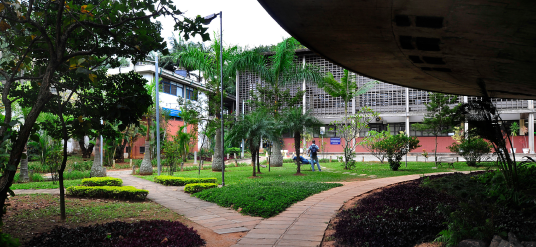
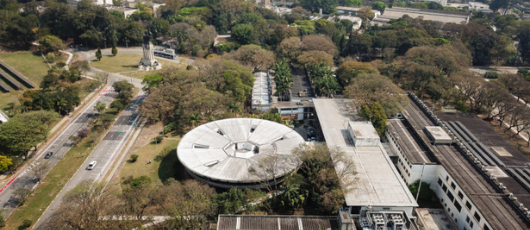
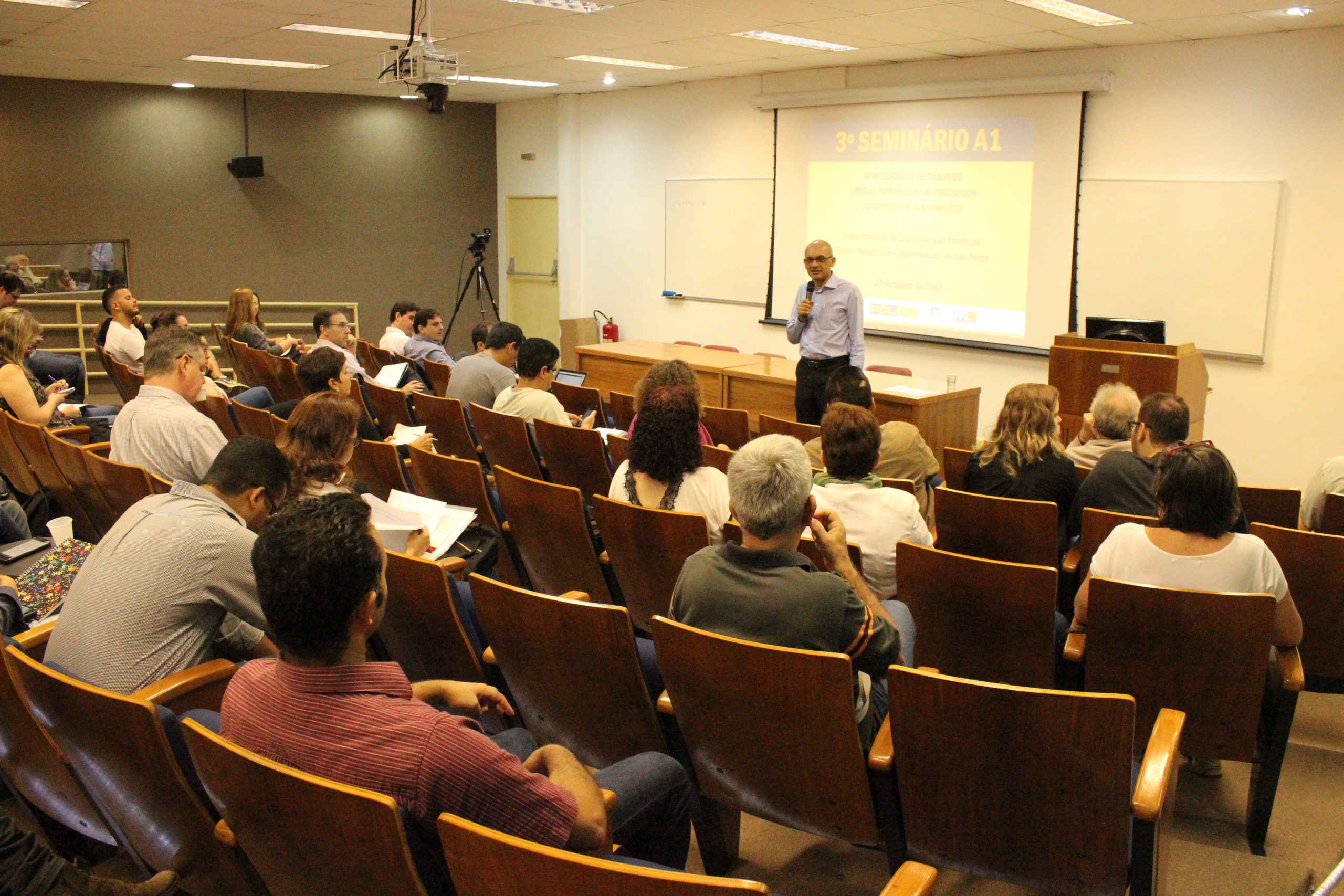
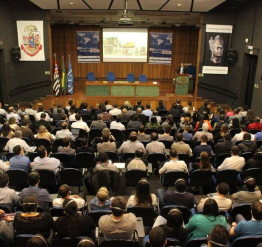
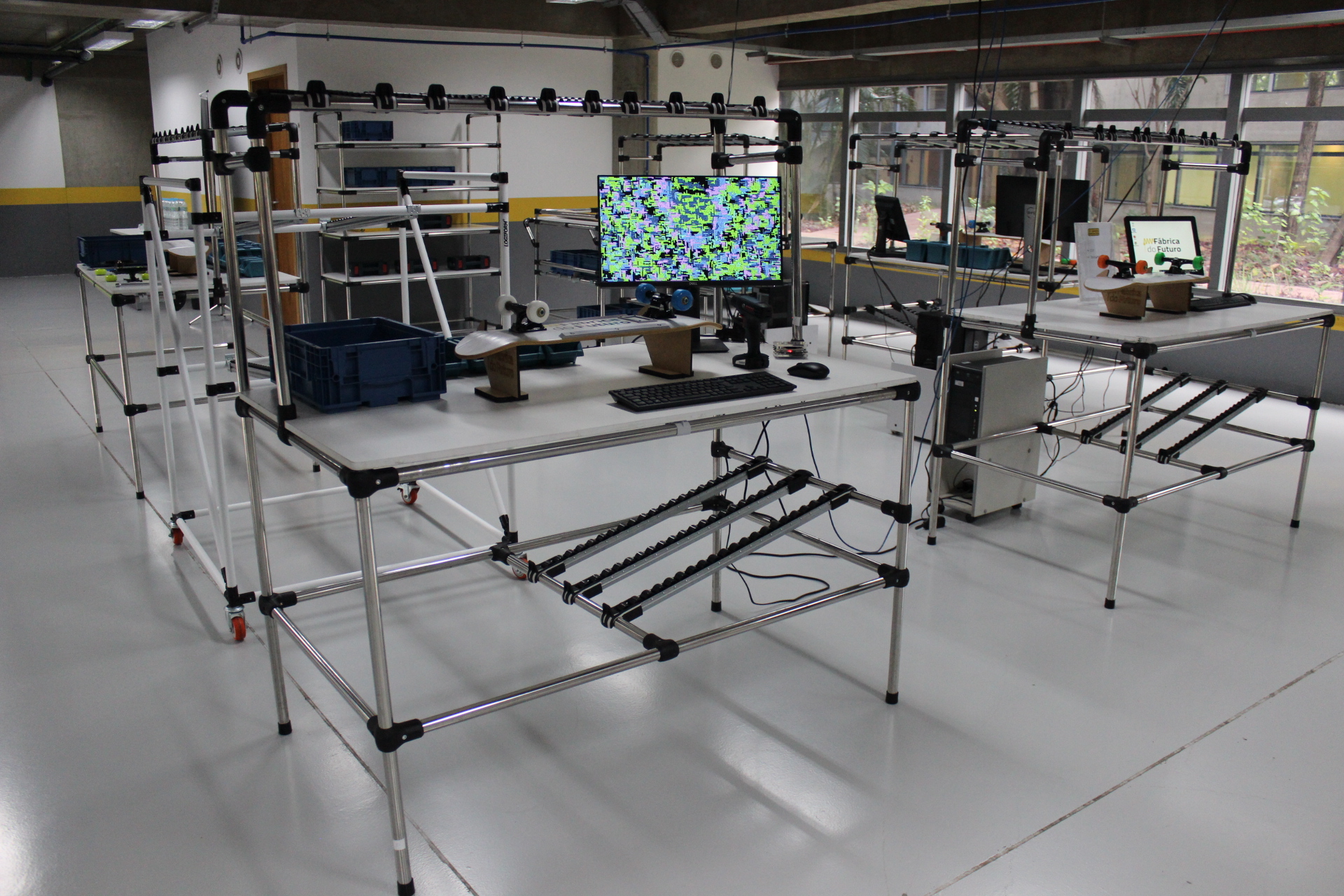
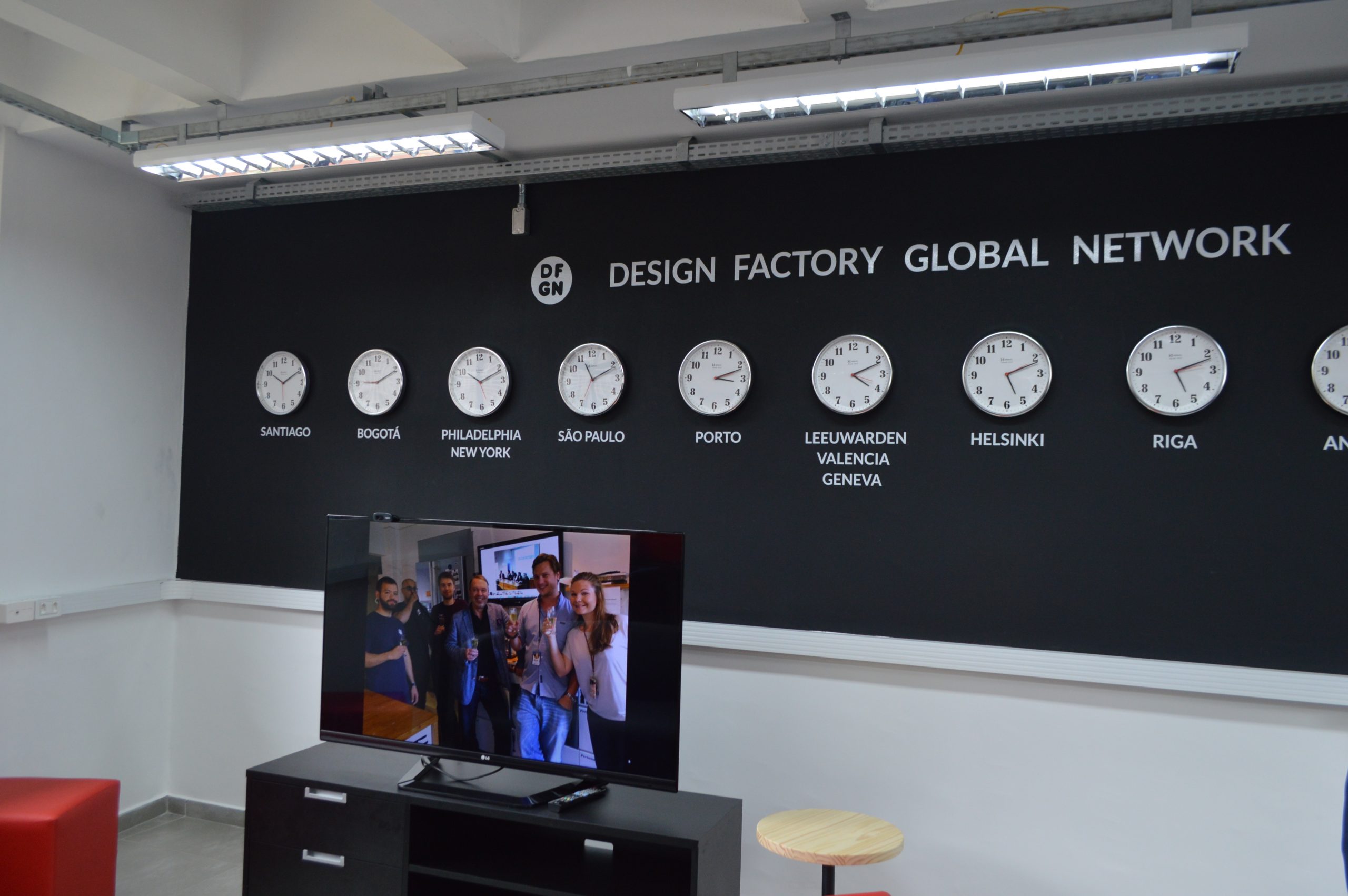
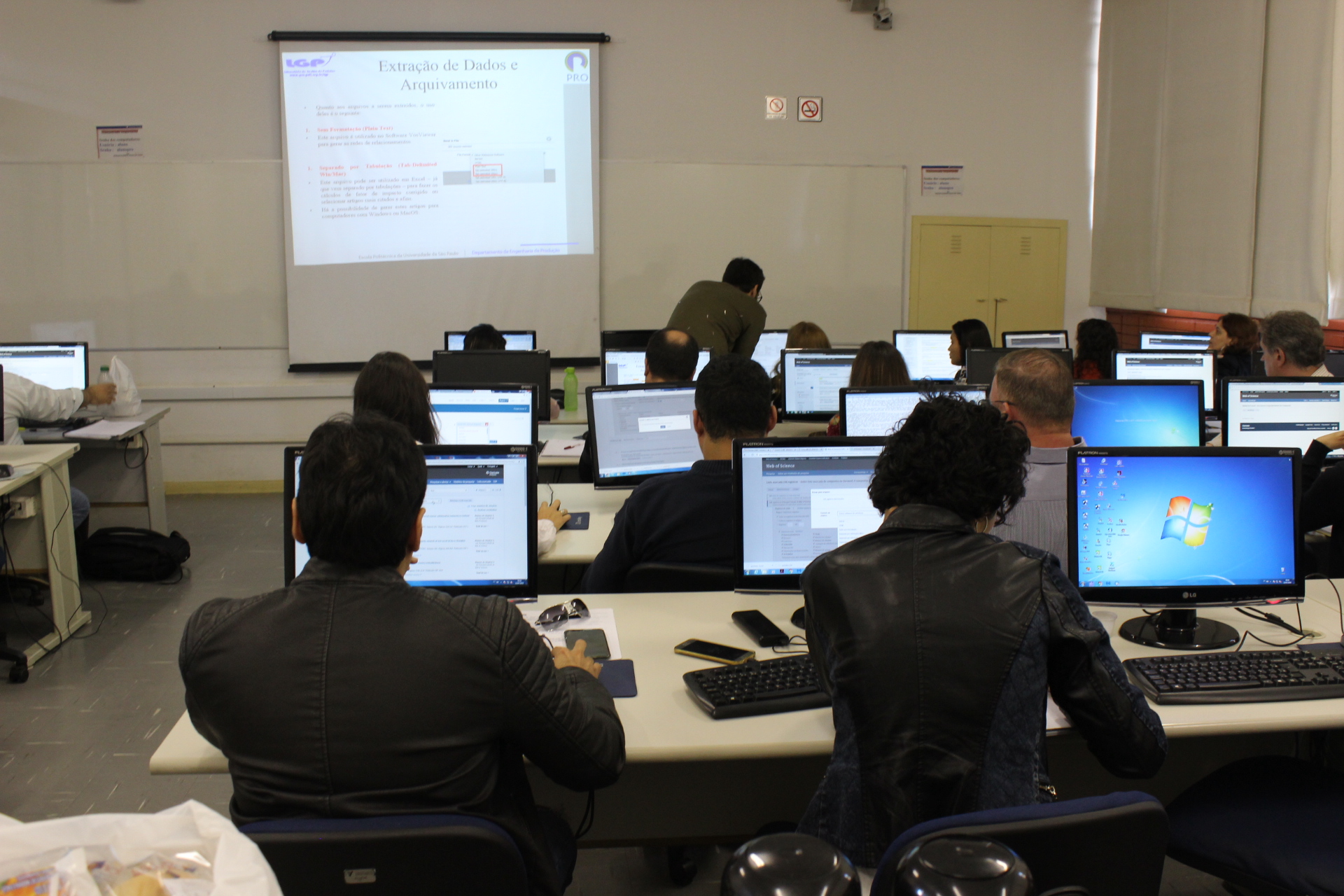
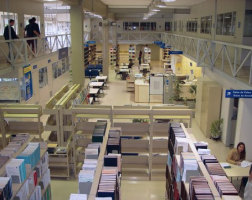
 ORCID
ORCID RESEARCHGATE
RESEARCHGATE RESEARCHERID
RESEARCHERID LINKEDIN
LINKEDIN

